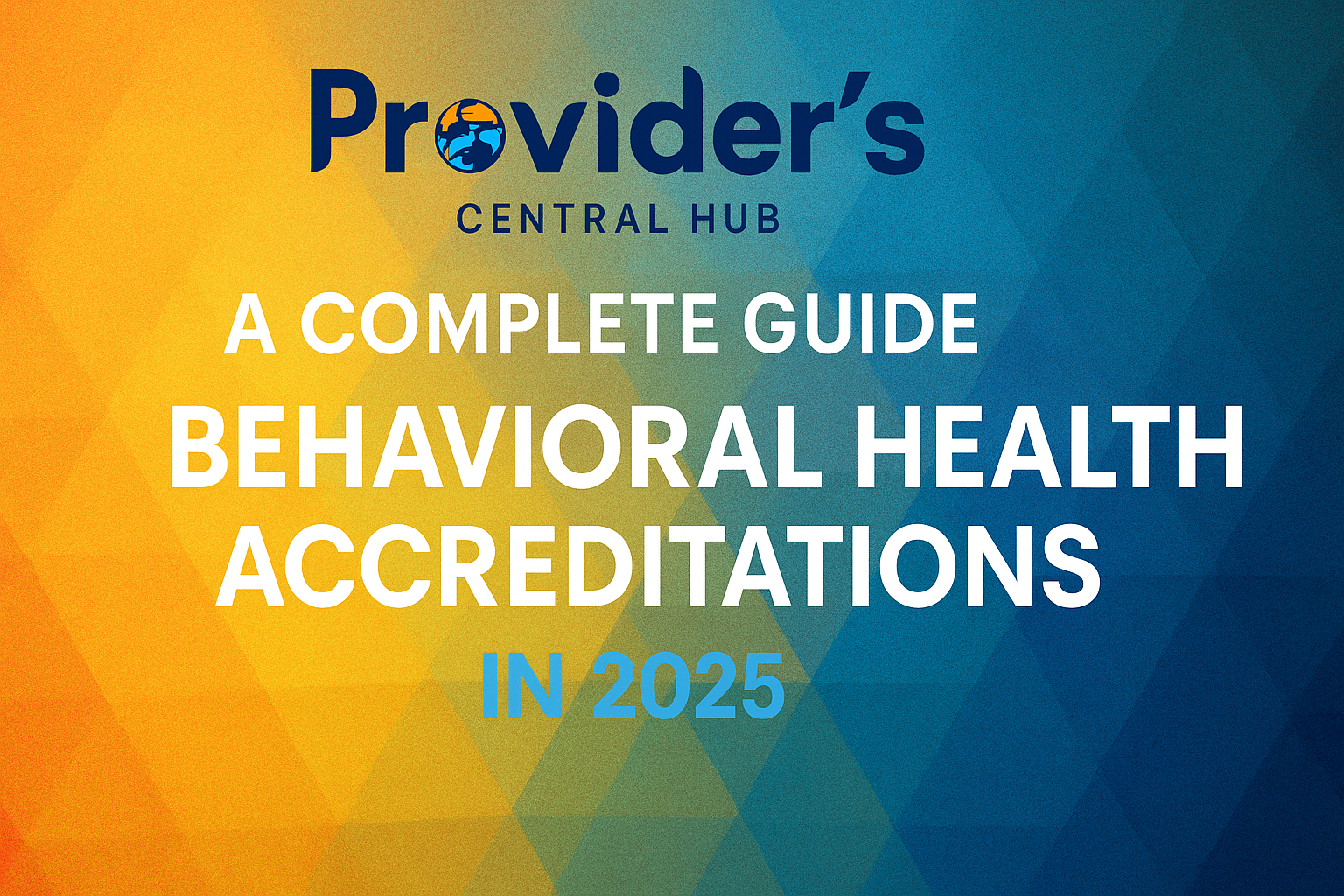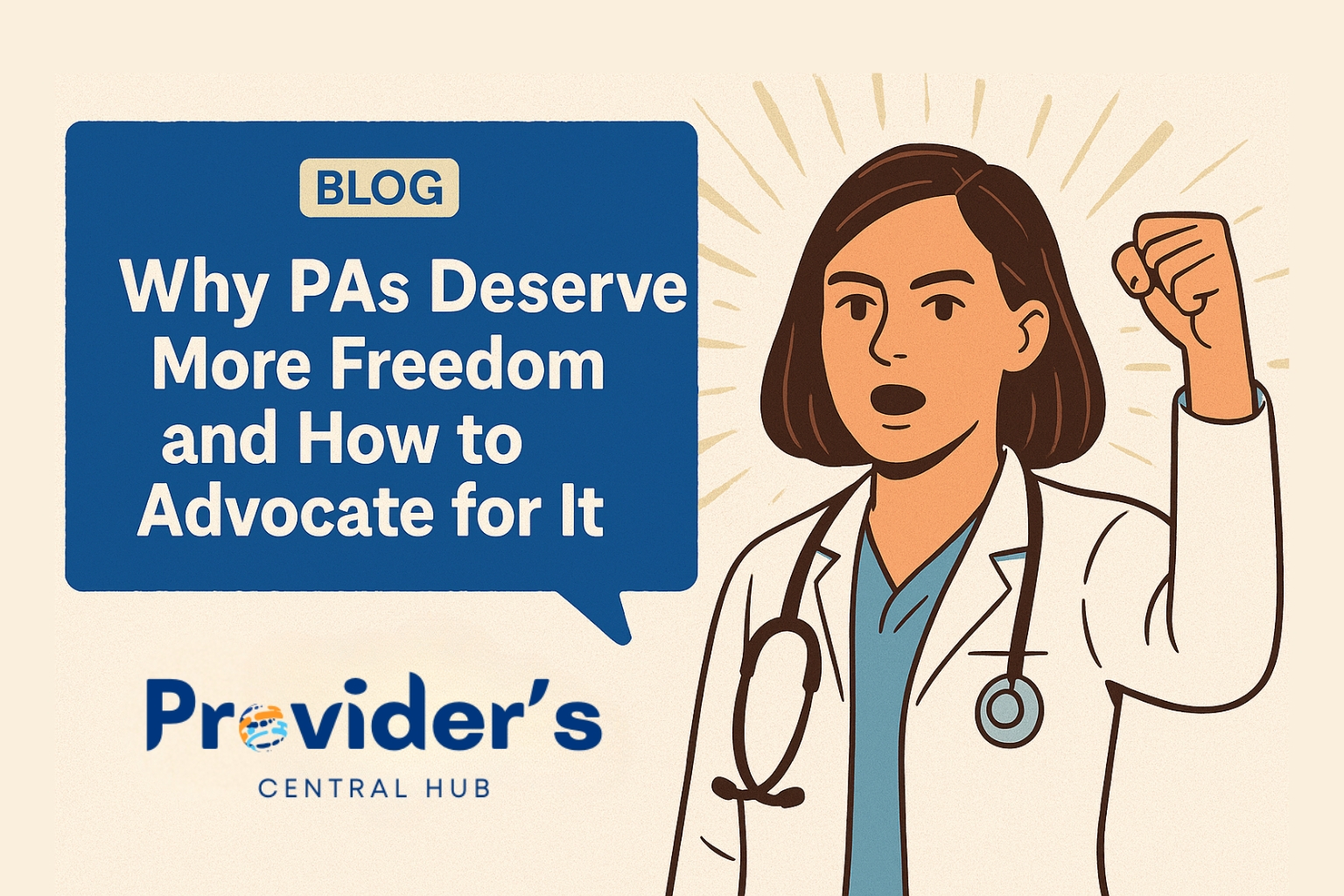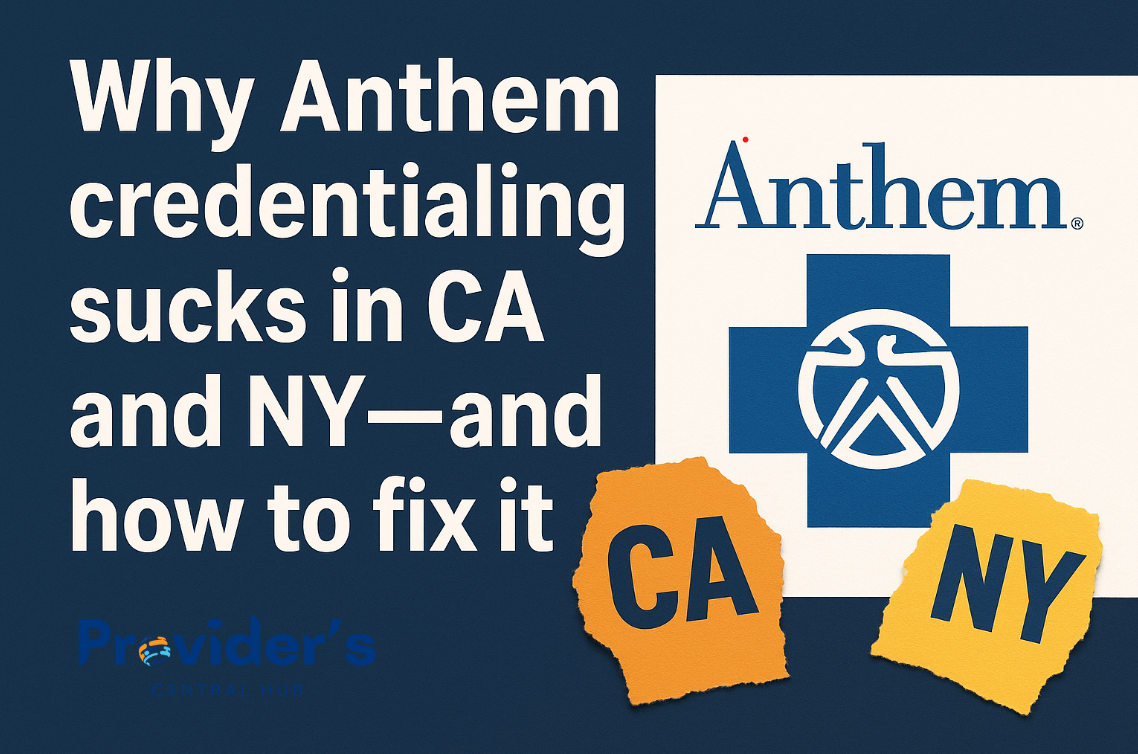In the rapidly evolving landscape of behavioral health, accreditations are a cornerstone for demonstrating quality, ensuring compliance, and building trust with patients, insurers, and regulators. For behavioral health practices in the U.S., obtaining the right accreditations is not only a mark of excellence but often a requirement for operational legitimacy, insurance reimbursement, and regulatory compliance. This blog explores the key accreditations required for behavioral health practices, their benefits, and how to navigate the process effectively for your website and LinkedIn audience.
Why Accreditations Matter in Behavioral Health
Accreditations signal a commitment to evidence-based practices, patient safety, and high-quality care. They enhance credibility with patients and referral sources, streamline regulatory compliance, and often serve as a prerequisite for insurance reimbursements, including Medicare and Medicaid. As mental health and substance use disorder (SUD) treatment demand grows post-COVID, many states now mandate accreditation for opening or operating a behavioral health practice.
Key Accreditation Bodies for Behavioral Health Practices
Several organizations provide accreditations tailored to behavioral health practices. Below are the primary accrediting bodies and their focus areas:
1: The Joint Commission (TJC)
A leading nonprofit accrediting nearly 21,000 healthcare organizations, TJC offers Behavioral Health Care and Human Services Accreditation, covering mental health services, addiction treatment, eating disorder programs, and more.
Key Features:
- Standards emphasize safety, quality, and trauma-informed care.
- Recognized by all 50 states and CMS for Medicare/Medicaid certification, often substituting for government inspections.
- Offers optional certifications like Behavioral Health Home (BHH) for integrated physical and behavioral care.
- Deemed status for Opioid Treatment Programs (OTPs) since 2001.
Requirements
- Eligibility includes U.S.-based organizations or those operated by the U.S. government.
- Comprehensive standards cover governance, patient rights, and care coordination.
- Surveys by experienced professionals assess compliance.
Cost: Application fee of $1,700, with survey fees starting at $3,430 for small organizations.
Preparation Time: 4–6 months for initial accreditation.
Benefits: Enhances reimbursement eligibility, boosts reputation, and supports regulatory compliance.
2: Commission on Accreditation of Rehabilitation Facilities (CARF)
An independent nonprofit accrediting over 47,000 programs globally, CARF focuses on person-centered, outcome-driven care for behavioral health, opioid treatment, and community services.
Key Features:
- Consultative survey approach with peer professionals offering feedback.
- Requires annual Quality Improvement Plans (QIPs) to maintain accreditation.
- Covers programs like Certified Community Behavioral Health Clinics (CCBHCs).
Requirements: Detailed documentation (policies, client charts, quality reports). Self-assessment and gap analysis against CARF standards.
Cost: Application fee of $995, plus $1,670 per surveyor per day.
Preparation Time: 6–9 months for new accreditations.
Benefits: Promotes continuous improvement, enhances operational efficiency, and supports compliance with federal and state regulations.
3: National Committee for Quality Assurance (NCQA)
NCQA’s Managed Behavioral Healthcare Organization (MBHO) and Certified Community Behavioral Health Clinics (CCBHC) accreditations focus on care coordination, quality management, and evidence-based practices.
Key Features:
- Emphasizes integration of behavioral and medical care.
- CCBHC accreditation aligns with SAMHSA criteria, supporting funding through Medicaid and SAMHSA grants.
- Standards cover utilization management, credentialing, and member experience.
Requirements:
- Robust processes for monitoring care quality and practitioner credentials.
- Community needs assessments for CCBHCs.
Cost: Varies based on organization size and services; contact NCQA for details.
Preparation Time: Varies, typically 9–12 months.
Benefits: Increases confidence in care quality and supports funding for comprehensive behavioral health services.
Behavioral Health Center of Excellence (BHCOE)
BHCOE accredits organizations providing Applied Behavior Analysis (ABA) therapy, particularly for autism spectrum disorders.
Key Features:
- Focuses on clinical and operational quality for ABA providers.
- Suitable for startups to multi-state providers.
Requirements:
- Compliance with BHCOE standards for quality and continuous improvement.
- On-site or virtual surveys to evaluate practices.
Cost: Varies; contact BHCOE for specific pricing.
Benefits: Enhances credibility in ABA therapy and supports growth in competitive markets.
Additional Considerations
- State-Specific Requirements: Some states mandate accreditation from TJC, CARF, or NCQA as a prerequisite for licensure or operation. Check with your state’s Department of Health or Mental Health for specific regulations.
- Insurance Reimbursement: Many insurers, including Medicare and Medicaid, require TJC or CARF accreditation for reimbursement eligibility.
- Telehealth Distinctions: ACHC offers a telehealth distinction for providers using virtual platforms, addressing the growing demand for remote services.
- CCBHCs: For practices aiming to become CCBHCs, NCQA or CARF accreditation aligns with SAMHSA’s criteria, enhancing funding opportunities.
Begin by reviewing standards from TJC, CARF, NCQA, or BHCOE, available through their websites or manuals. Register for webinars or workshops offered by accrediting bodies to understand requirements and prepare effectively.
Accreditation is a vital step for behavioral health practices to demonstrate quality, ensure compliance, and thrive in the U.S. healthcare market. Whether pursuing TJC, CARF, NCQA, or BHCOE accreditation, the process enhances patient care, operational efficiency, and your practice’s reputation. Start your accreditation journey today to position your practice as a trusted leader in behavioral health.



